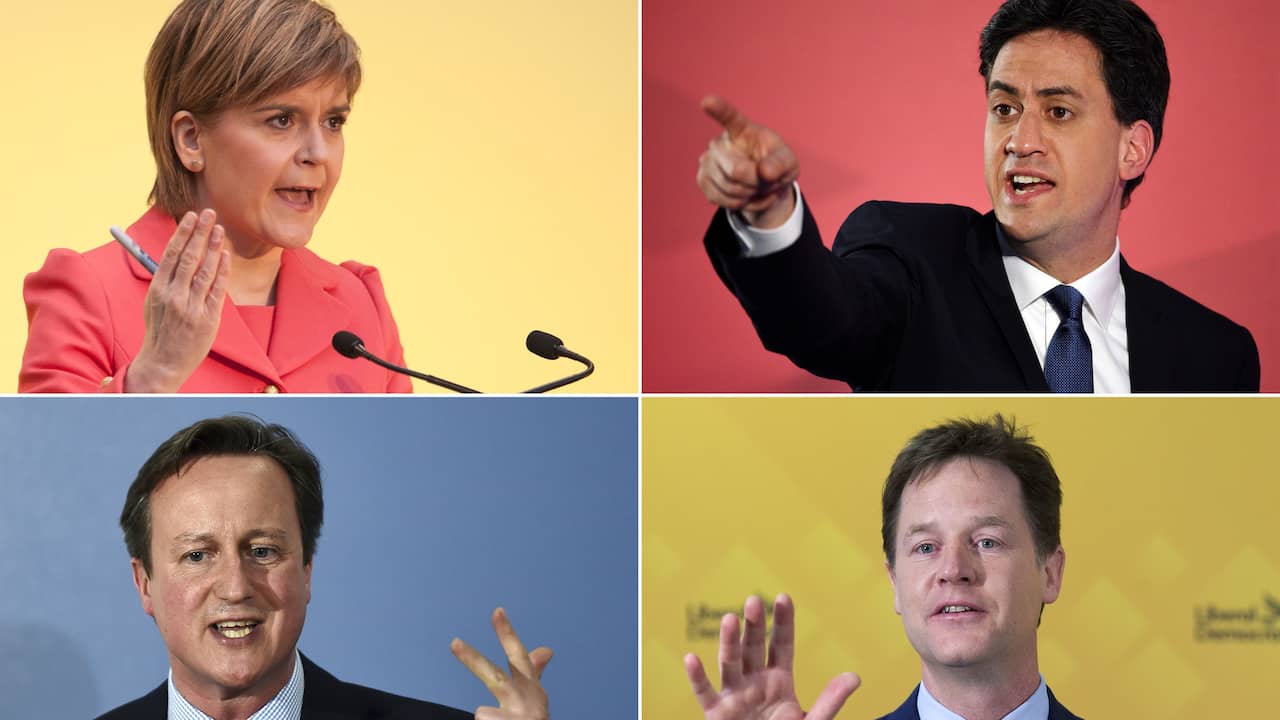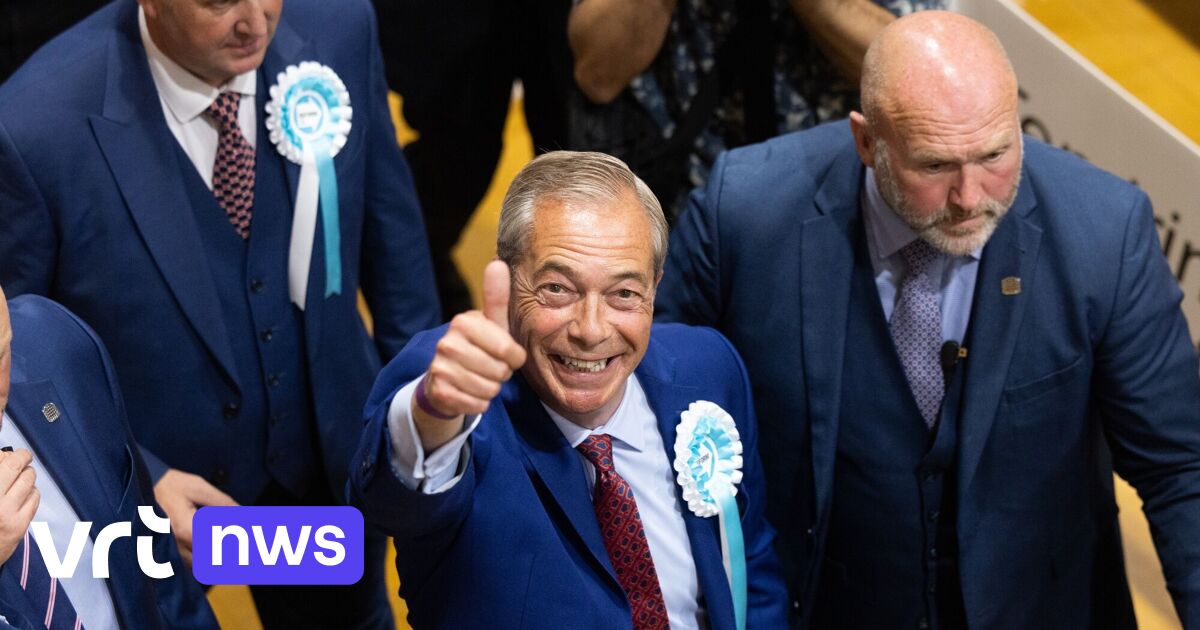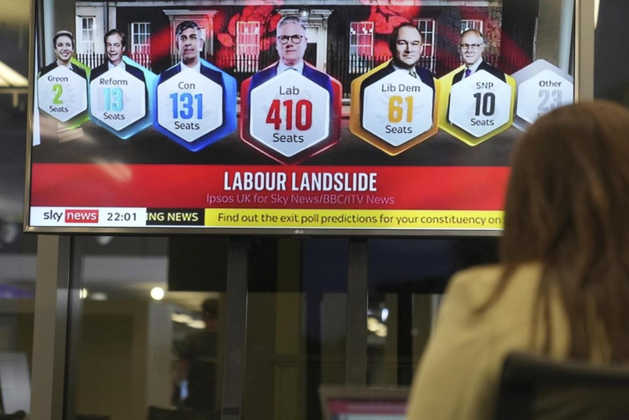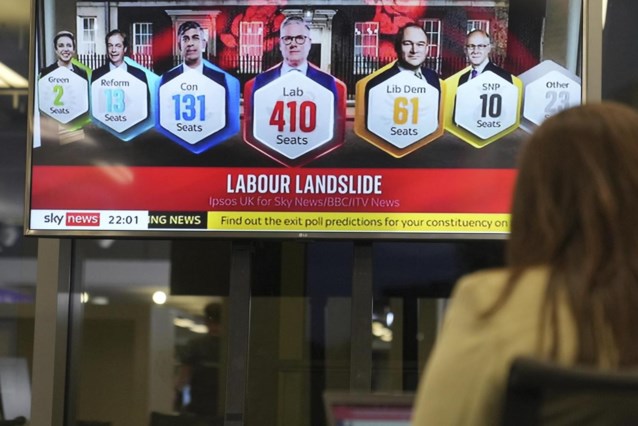The official results of the UK parliamentary election, held on Thursday, will be announced on Friday. An overview of the most important parties that Britain can vote for.
Based on exit polls on Thursday evening, the Conservative Party emerged as the winner, while the Labor Party was slightly behind.
In 1951, 95 percent of voters chose the Conservative Party or the Labor Party, but now only two-thirds of British voters choose one of the parties.
These are the most important parties:
Conservative
The Conservative Party has been led by David Cameron since 2005. Cameron has promised his supporters that if he is re-elected, he will hold a referendum on Britain’s membership of the European Union in 2017. In the run-up to the election, the Conservative Party especially emphasized that the party had taken Britain out from the economic crisis in recent years through strong financial policies.
Labor
The party of Ed Miliband, the youngest Labor leader ever, wants to end his five-year period in opposition. The Labor Party, which emerged from trade unions in 1900, is Britain’s main left-wing party. Equal social treatment and equal distribution of wealth are the pillars of the Labor Party. Miliband has led the party since 2010 and hopes to become prime minister after Thursday’s election.
British party leaders on the final day of their campaign
Liberal Democrats
The ‘Lib Dems’ have been led by Deputy Prime Minister Nick Clegg since 2007. The Center Party was founded in 1988 following a merger between the Liberal Party and the Social Democratic Party. Since 2010, the Liberal Democratic Party has been in coalition with Prime Minister Cameron’s Conservative Party. Clegg has a Dutch mother and speaks fluent Dutch.
UKIP
The British Independence Party (UKIP) has one important goal: to withdraw the UK from the EU. UKIP also opposes immigration. Cameron once described UKIP as a party full of “lunatics and racists in disguise”. UKIP under the charismatic leadership of Nigel Farage could steal votes from the Conservative Party.
SNP
The Scottish National Party (SNP) is the party primarily committed to Scottish independence. In a referendum last year, voters decided Scotland would not secede. SNP leader Alex Salmond steps down, making way for Nicola Sturgeon. The SNP is also fighting against renewing the UK’s nuclear missile arsenal.
Green party
Natalie Bennett’s party initially focused almost exclusively on the environment, but has now positioned itself as a left-wing alternative to the Labor Party.
DUP
The Democratic Unionist Party (DUP) is the fourth largest party in the British House of Commons. The Northern Ireland Party is largely Protestant-backed and right-wing.
Sinn Fein
Northern Ireland’s main nationalist party has been led by Gerry Adams since 1983. Sinn Féin, known in the past as the political wing of the IRA, refuses to use the seats it won in the British Parliament.
Plaid Cymru
Plaid Cymru, led by Leanne Wood since 2012, has been fighting for Welsh independence since 1925. With the SNP’s success with a similar message in Scotland, Plaid Cymru hopes to draw attention to the issue in Wales.
Video: The final day of campaigning before the UK election

“Hipster-friendly creator. Music guru. Proud student. Bacon buff. Avid web lover. Social media specialist. Gamer.”







